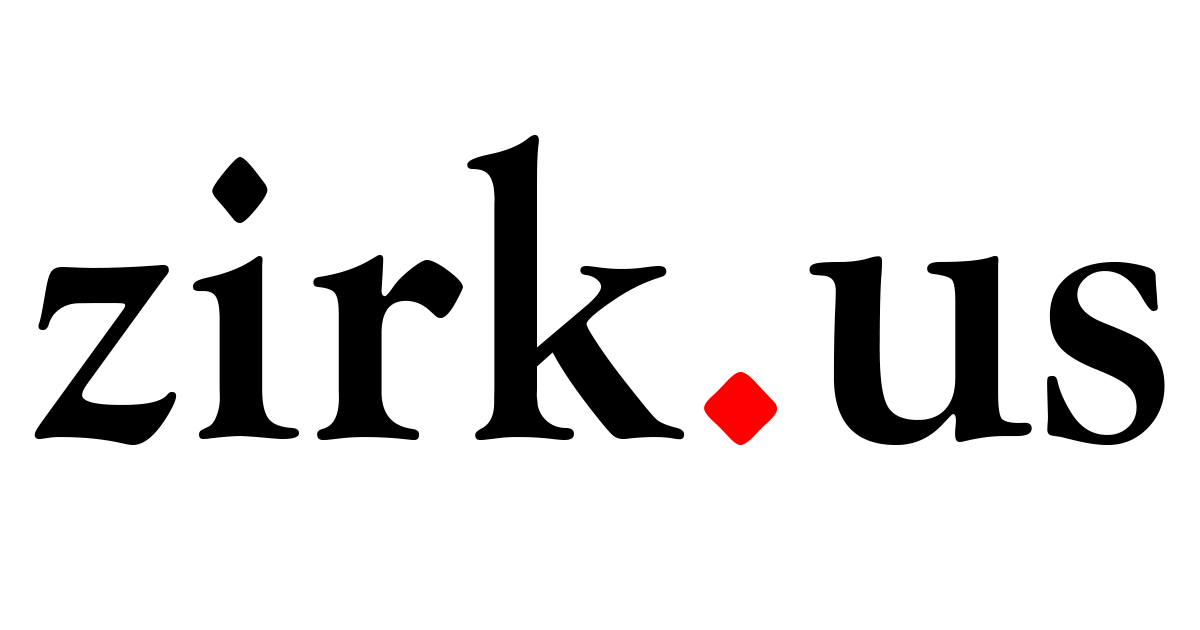"Growth doesn't avoid chaos. It emerges from it." - Futurist Jim Carroll
You don’t rebuild for the future by protecting the past - particularly during a downturn.
So let's recap. In the first ten posts of this series, I've covered how belief, vision, action, and momentum create forward motion, even amid chaos. And yesterday, I pulled back the curtain on why many organizations fail to make that motion: fear, inertia, denial, and outdated thinking. You know, organizational sclerosis stuff!
Now we turn a corner.
Because once you’ve cleared the internal barriers…once you’ve named what’s been slowing you down… the next step is this: growth. And growth doesn’t come from optimizing what used to work. It comes from disrupting it. As they say, if you keep doing what you've always done, you'll get what you've always got! This will become exacerbated even more in the wild year that is 2025.
Fact is, In a downturn, many companies fall into a dangerous trap: they tweak the old playbook, hoping that what worked before will work again. So they shave budgets instead of rewriting business models. They cut costs without realigning purpose. They focus on “efficiency” instead of rethinking how they create value. They keep trying to sell the old product or service when the market suddenly needs a new one.
That’s not a strategy. That’s maintenance. And it fails every time
The companies that grow during volatility? They do the opposite. They redesign, not refine. They reinvent, not recover. They know that you won’t win in the next economy by trying to redo the last economy better. Here’s how high-performing, future-ready companies build through disruption—not despite it:
- they create new value, not just cut costs
- they launch new offerings that solve urgent problems in emerging markets or underserved segments.
- they reallocate skills and teams aggressively to solve problems, fast
- they implement a strategy of focusing on core customers to defend key revenue
Talent, capital, and attention all shift. They move decisively away from underperforming bets and double down on future-ready opportunities. They break their assumptions. They don’t ask how to make something slightly better. They ask what it would look like if they had to build it from scratch for today. They eliminate internal friction. Bureaucracy, bloated processes, and clunky systems are removed. They rebuild for speed and simplicity. They accelerate decisions with small, empowered teams that test, launch, and adapt.
They don’t wait for perfect clarity—they create clarity through motion.
They shape what comes next.
They grow.
#Growth #Disruption #Innovation #Action #Reinvention #Strategy #Chaos #Opportunity #Momentum #Leadership
Original post: https://jimcarroll.com/2025/04/decoding-tomorrow-your-daily-future-inspiration-growth-doesnt-avoid-chaos-it-emerges-from-it/


